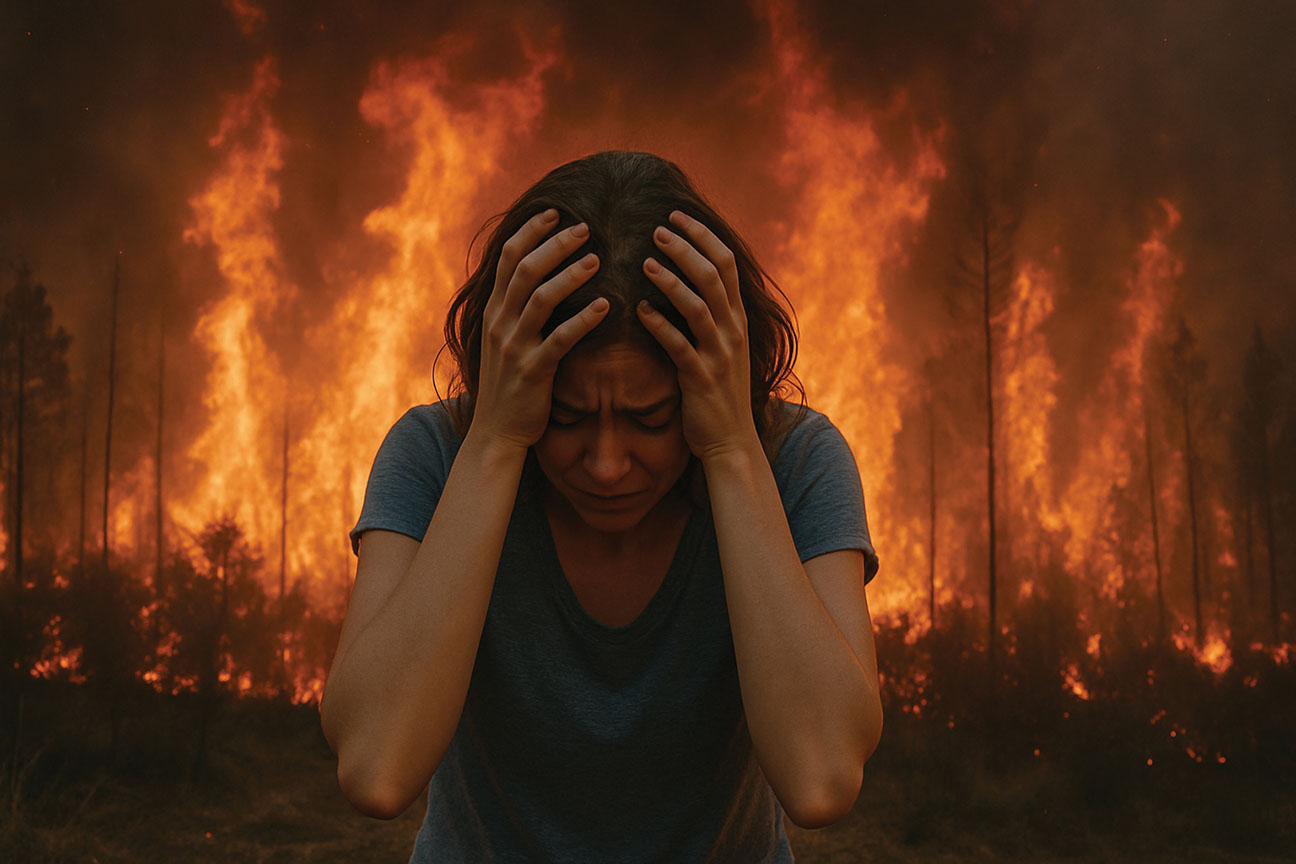
Last week, as I sat at home in Los Angeles and watched live footage of Jerusalem forests burning in what were described as the biggest fires in Israel’s history, my cortisol levels seemed to rise and I asked myself two questions: first, is Israel the only country whose enemies set it on fire on its Memorial Day/Independence Day? And second, how much more can we take?
No, really. Exactly how much more can we take?
Our enemies breach our borders; they pillage us; they livestream their atrocities, then support worldwide efforts to deny those atrocities; they brainwash every generation of their children against us; they create the world’s biggest false propaganda campaign, even bigger in its breadth than the propaganda of Nazi Germany, because more people believe it worldwide.
Our modern enemies have tried every conceivable way to demoralize and destroy us. Last week, they torched the same land they vehemently claim is theirs. They also issued a call for Palestinians, especially children, to set more fires. Palestinian kids learn the darndest things from Palestinian adults.
Torching Jerusalem on Yom Ha’atzmaut? It was once unfathomable. I can only imagine how often Jews throughout history have wondered, “How much more can we take?”
I asked some of the wisest minds I know how they would respond to a Jewish person if he or she approached them and asked, in a post-Oct. 7 world, “How much more can we take?” I am grateful for their compassion and perspective:
Ein breira
The painful but inevitable answer is we can take as much as we must. “Ein Breira,” there is no choice, is a long-understood statement in Israel. Disappearance, resignation and despair are not an option for us. We will be angry, grieving, pained and scared; we will reach out to one another and to those who wish us well; we will shake our fists at the sky and pray and work hard to make it better. But we are Jews. We don’t give up.
-Rabbi David Wolpe
Max Webb Emeritus Rabbi, Sinai Temple
“I asked myself, ‘Where do I go from here’? instead of ‘Who did it to me?’”
On June 1-2, 1941, mobs looted Jewish homes and businesses in Baghdad, murdered men and children, and gang-raped women and girls and murdered them. That was called the Farhud. At age 10, my happy childhood suddenly ended. Life became semi-normal after the British entered Baghdad and restored order, but not for long.
After the U.N. decision to partition Palestine into Arab and Jewish states in 1947, demonstrations erupted in the streets of Baghdad calling for Jihad and death to the Zionists. Fear of another Farhud reignited my trauma. When the Arabs failed to eliminate the State of Israel in May 1948, there was discrimination, persecution, arrest and torture culminating in the public execution of a prominent Jewish merchant, Shafiq Adas, in Iraq. I was refused an exit visa to the U.S. to become a nuclear physicist. I couldn’t take it anymore.
I decided to smuggle out of Iraq and became a homeless, penniless refugee at the age of 19. I asked myself, ‘Where do I go from here?’ instead of ‘Who did it to me?’ I looked up to the future with hope, resilience, and persistence, like the one million Jews from the Arab and Muslim lands who left behind their homes and assets and became refugees, but not for long. We are glad and appreciative to be accepted in our host countries that became our new homes and the homes of our children and our future generations.
-Joseph Samuels, survivor of the 1941 Farhud pogrom in Baghdad and author of the memoir, “Beyond the Rivers of Babylon: My Journey of Optimism and Resilience in a Turbulent Century.”
“We take pain, and respond by giving”
How much more can we take? None. We’ve never really been able to take any of this. Neither our bodies or souls are equipped for the pain we’ve endured as Jews, not in the Diaspora or in Israel. Yet we’ve endured, survived and thrived, not because we can take it, but because we can give it. We take pain, and respond by giving — charity, hugs, smiles, words of wisdom. We give a helping hand, strengthening our Jewish immune system. We give a D’var Torah, using words to heal fractured souls. No, we can’t really take anymore, but we will always continue to give.
-Rabbi Daniel Bouskila
International Director of the Sephardic Educational Center in the Old City of Jerusalem
A Survivor’s Take
During the Holocaust, we had nowhere to go for unity or acceptance, as there was no modern Israel then. But we have it now! We have a country to be proud of, to love, to support, to defend. Wherever we’re living today, it’s comforting to know there’s somewhere we belong.
And it’s important [that] we hold space not just for grief of this painful past, but for strength. Remember we are part of a team; when you’re part of a team, you don’t face antisemitism alone. Being Jewish means being part of a people, a tradition, a resilience that goes back thousands of years. So when the world tries to isolate us, we remember — we’re not alone. And we don’t shrink.
We rise.
-Mary Bauer
Speaker and survivor of the Auschwitz-Birkenau Extermination Camps
The pain becomes the purpose
While the title of my second book, “Is it Ever Enough?” is about happiness, I can’t help but wonder these days, “Is it ever enough, G-d?”
Fires in Israel. Fires in Los Angeles. Oct. 7, hostages, constant terror attacks, lifeless bodies “given” back by Hamas. Encampments and antisemitism everywhere we turn.
It’s easy these days to spiral just from looking at the news. How much more can Israel handle? How much antisemitism can we face in the rest of the world? When is this going to stop?
What does Hashem want from us?
After being in Israel on Oct. 7, 2023, and sitting in the bomb shelters alongside local Muslims and Christians alike, I have found a new perspective.
While I still have residual trauma that I try to work through by interviewing survivors of the Nova Festival, orphans, widows, and Israeli soldiers, I am realizing a pattern from listening to my own story and the stories of others: every single person I have interviewed has displayed incredible levels of resilience.
One jeweler who lost a child at the Nova Festival has chosen to give away diamond rings to any soldier who wants to propose. Some have built therapy homes for Israelis to heal from their trauma and pain. While others have risked their lives and even given their lives to save people on Oct. 7 and throughout the war in Gaza that followed.
The response of the Jewish people has been unmatched. I realized that no matter what Hashem sends to us, our response has been positivity and light, rather than hate and darkness. The sadness becomes the strength, and the pain becomes the purpose. Our fear fuels our bravery.
Something I find myself repeating in my mind is, “We don’t know the future, but we have to have faith that whatever Hashem brings our way, we’re going to be okay.” With every challenge, large and small, what other choice do we have but to turn to Hashem?
As Jews, we have so much to be proud of. Our little country, this tiny but mighty people, has defied all odds of survival. Today we are continuing, stronger than ever, no matter what threats we face.
How much more can we take? We don’t know that answer. But one thing is for sure: we will turn pain into pride and purpose. And we will persevere.
-Sarah Pachter is an author and speaker who lives with her husband and five children in Los Angeles.
After hours of refreshing my news feed last week to stay updated about the fires in Jerusalem, a friend posted on social media that it was raining in the capital city. He (and I) interpreted the rain as a miracle. My friend then quoted Tehillim (Psalms) 121: “Behold the Guardian of Israel will neither slumber nor sleep.”
Amen.
Tabby Refael is an award-winning writer, speaker and weekly columnist for The Jewish Journal of Greater Los Angeles. Follow her on X and Instagram @TabbyRefael.
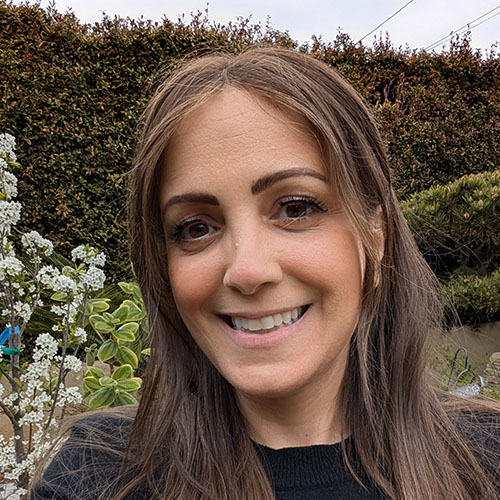






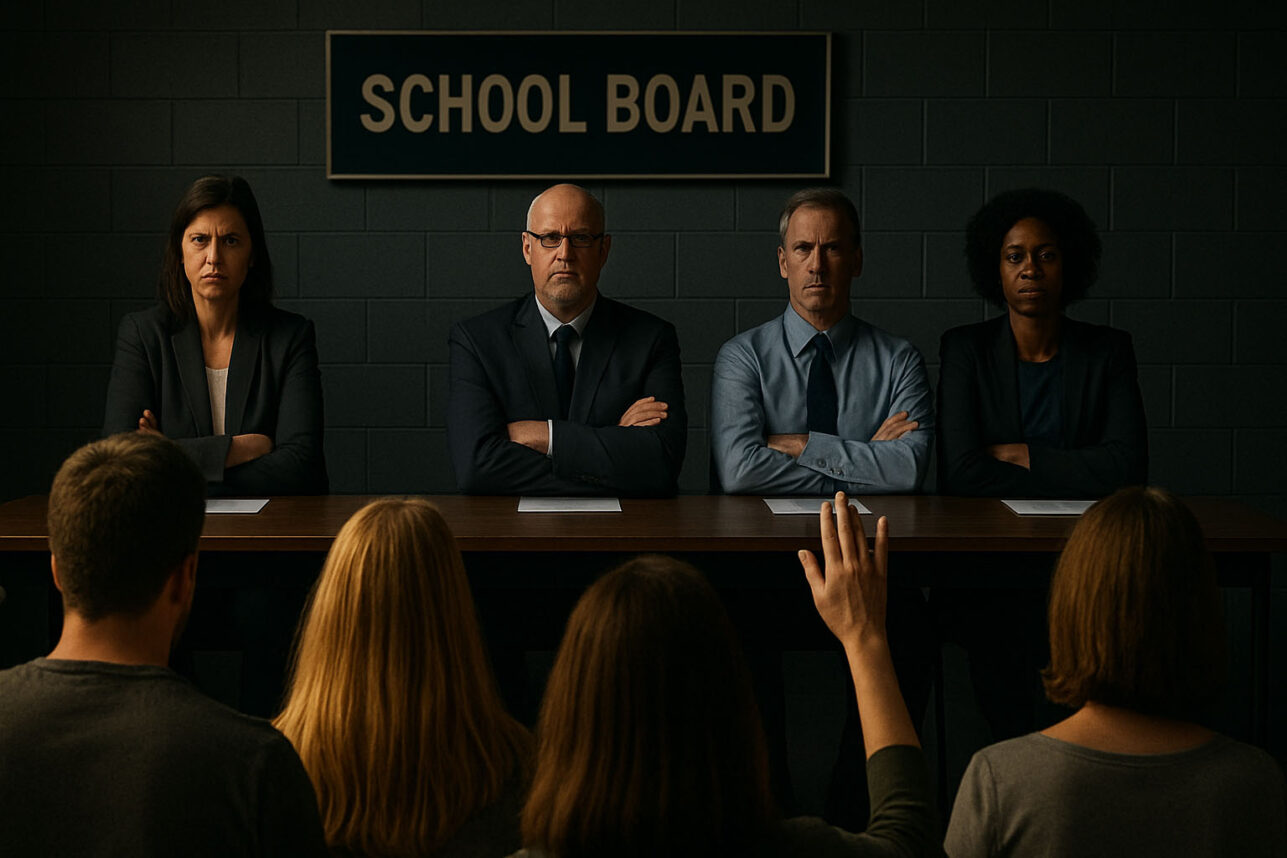
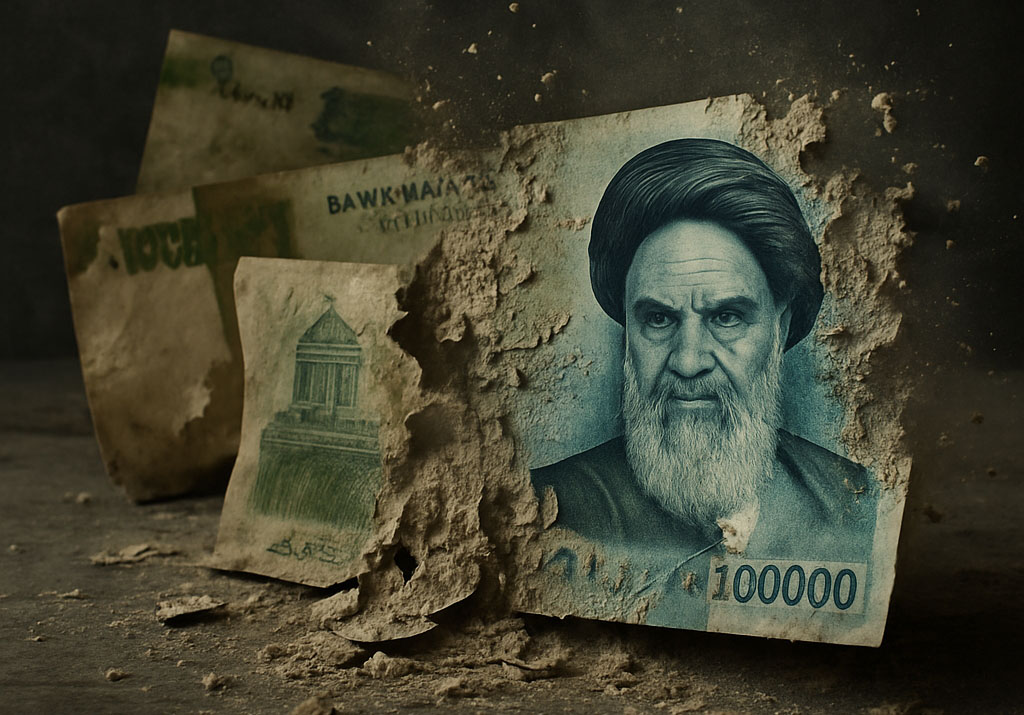
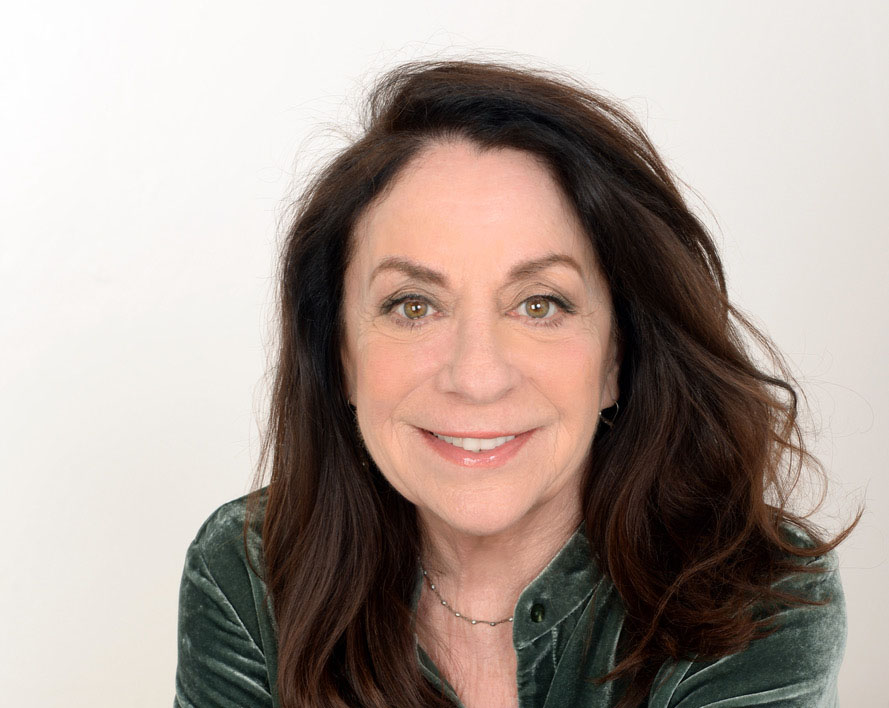

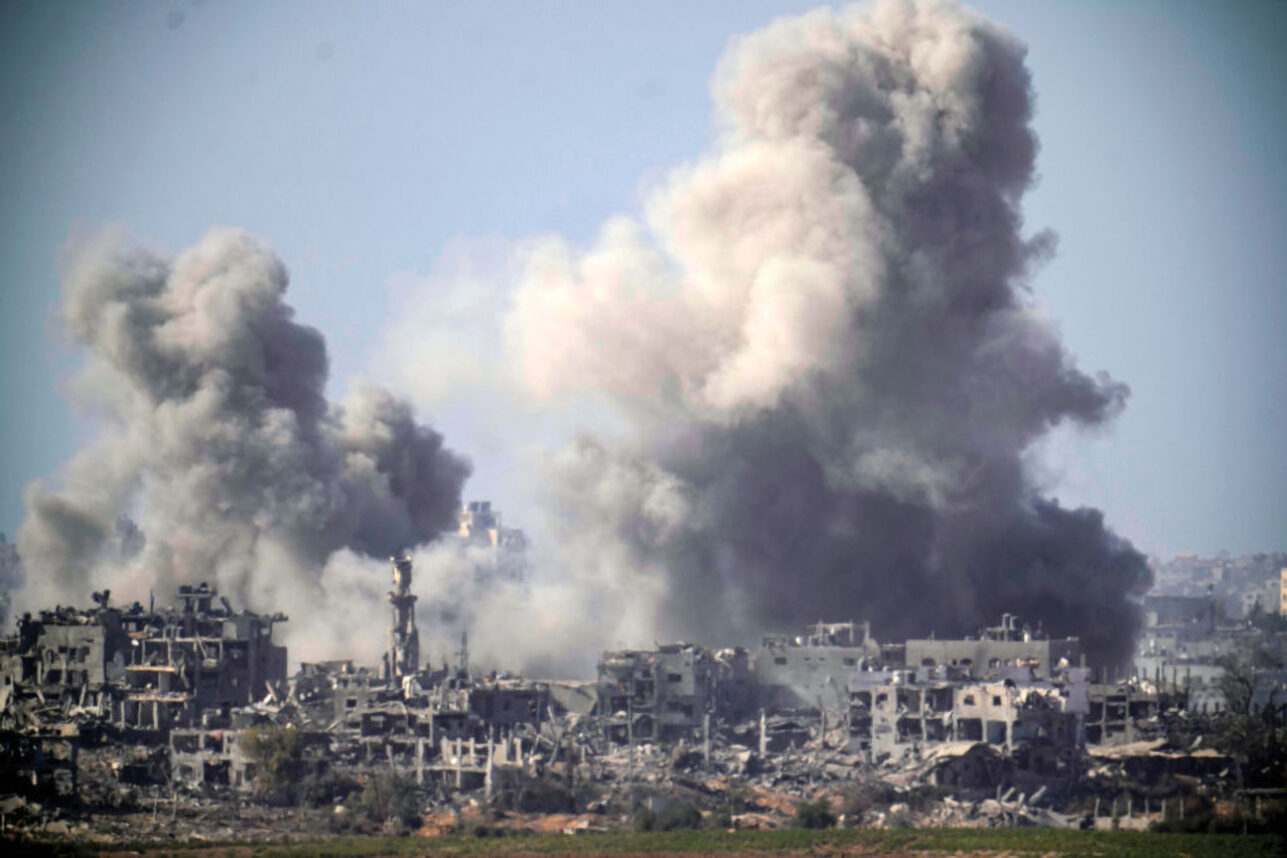

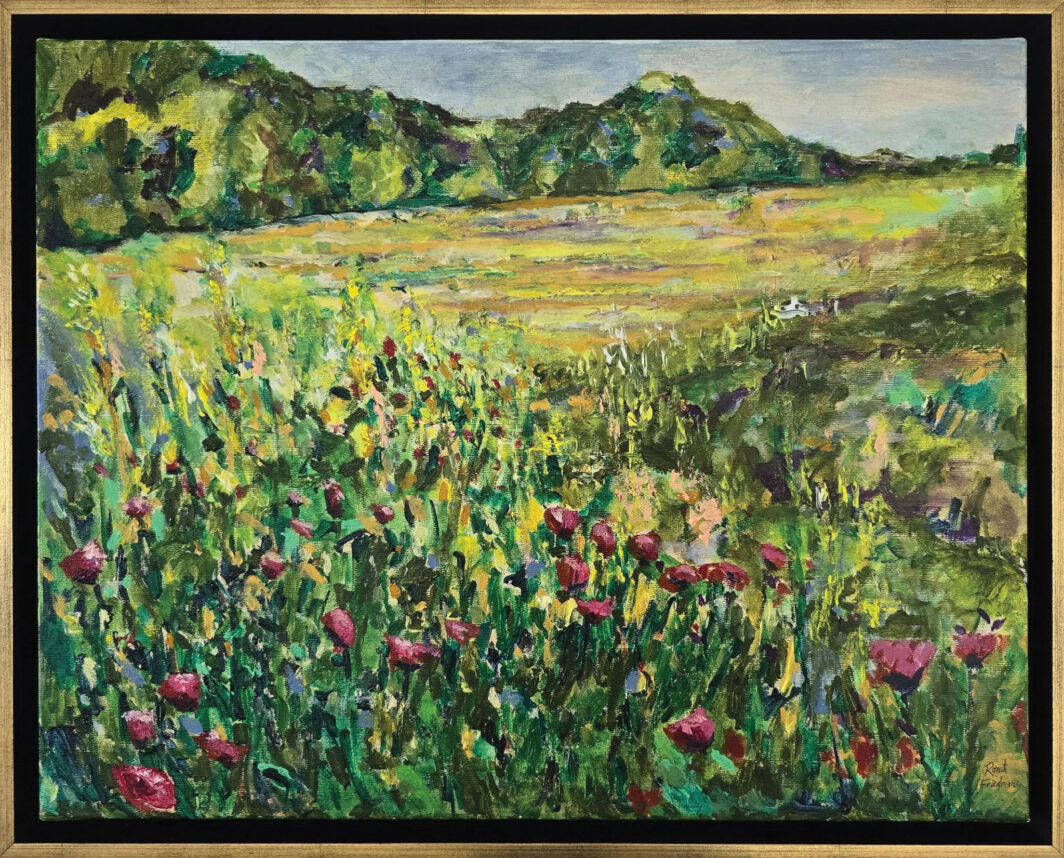
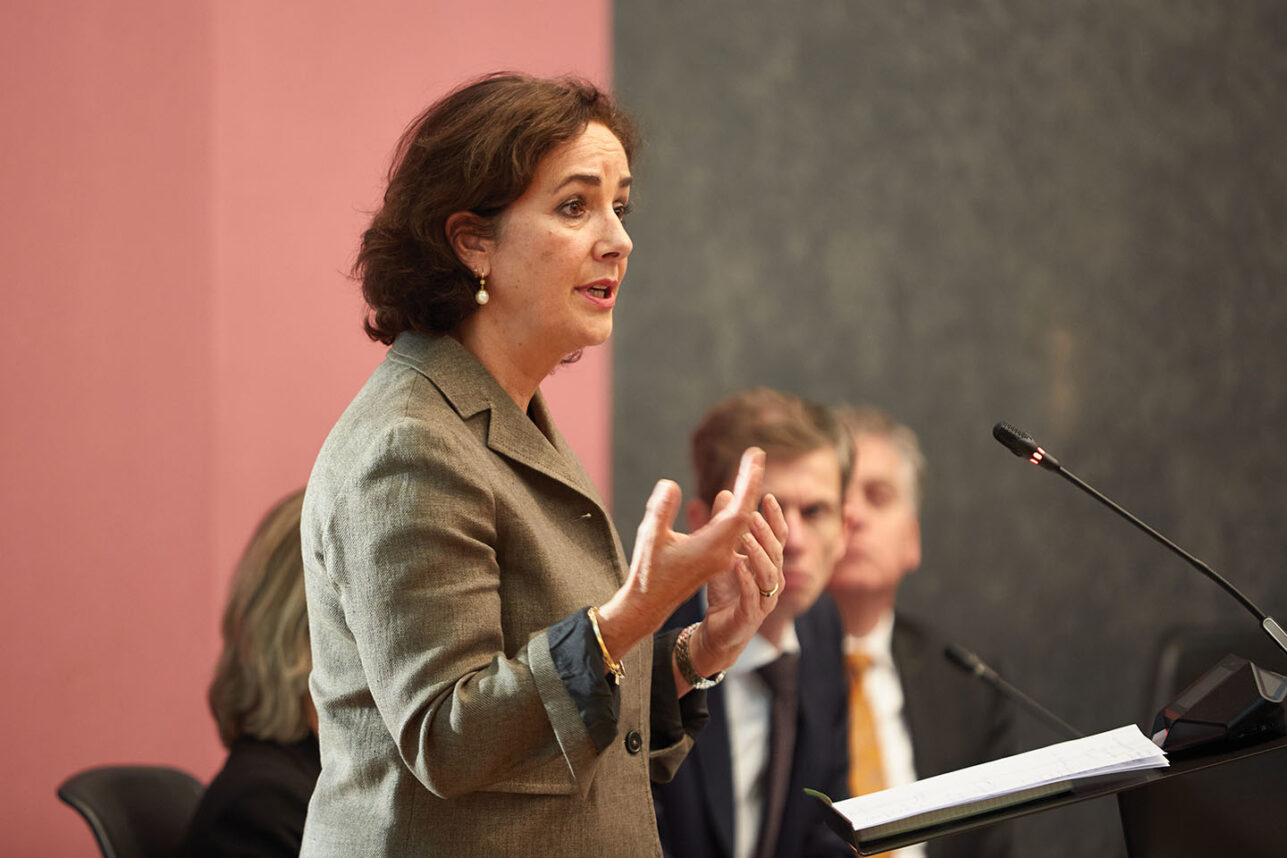
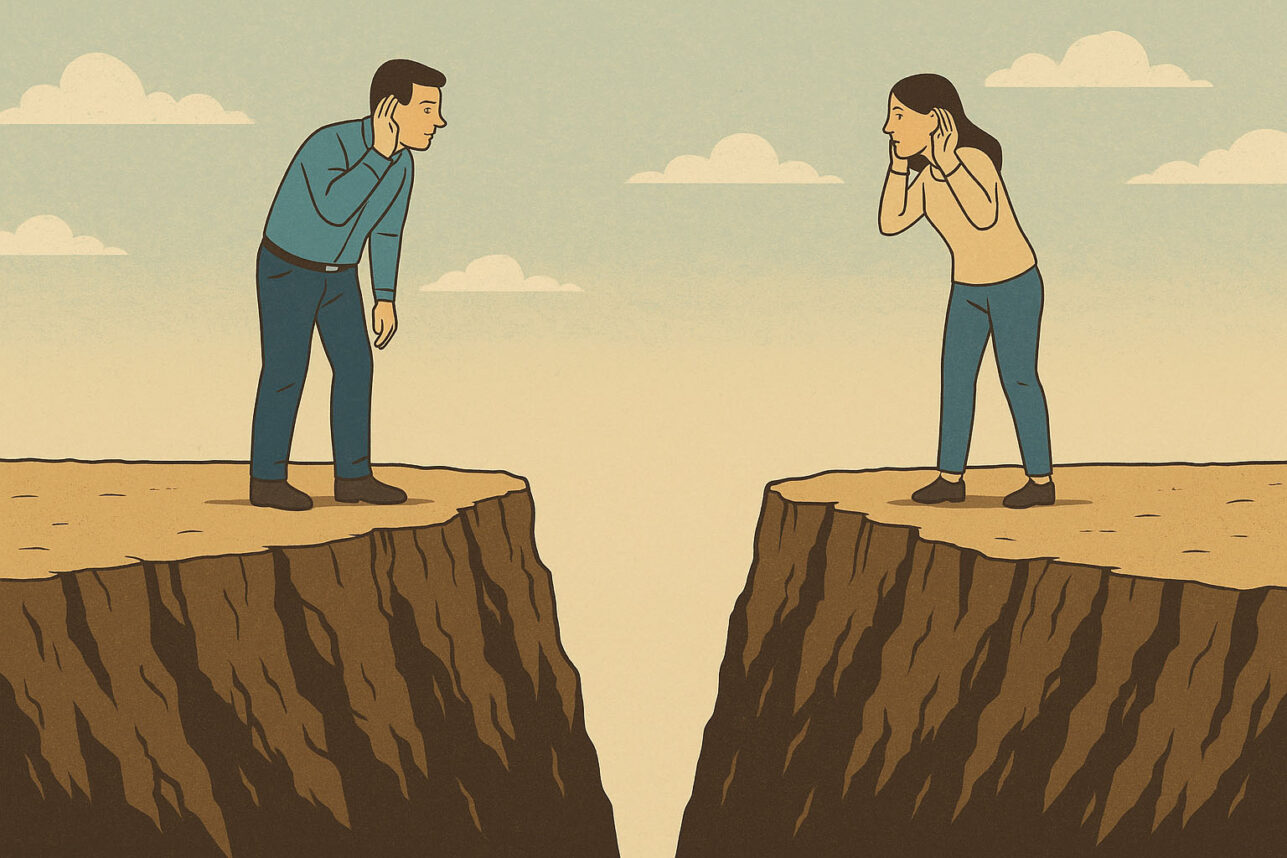
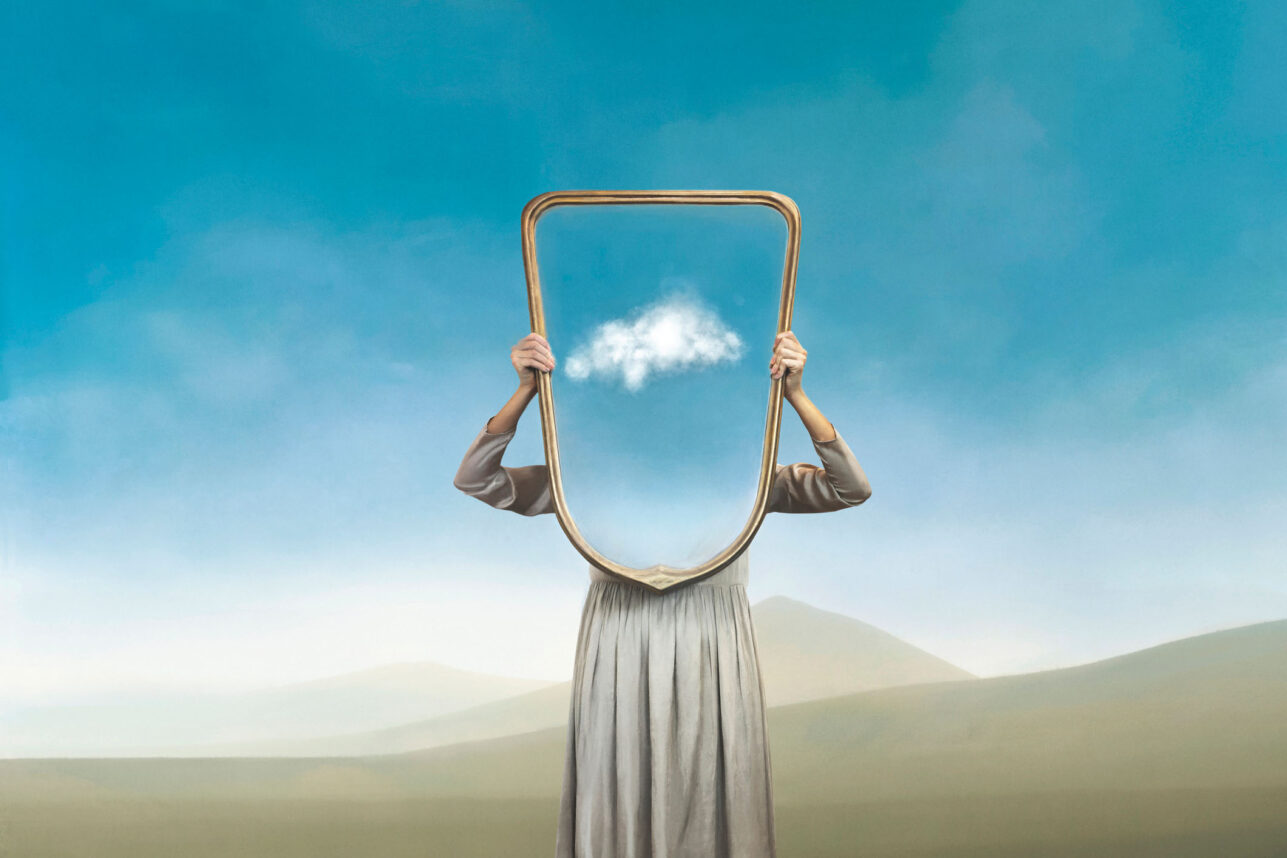
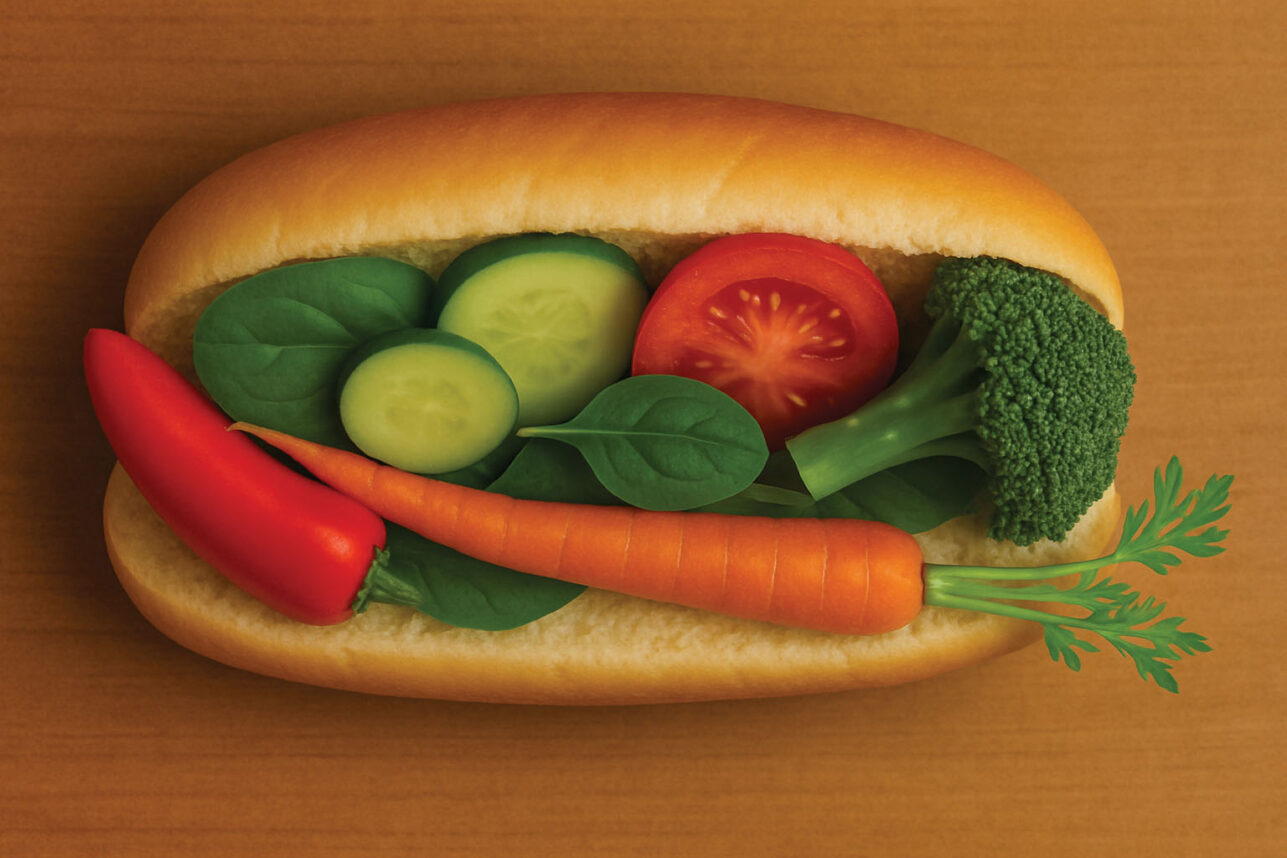



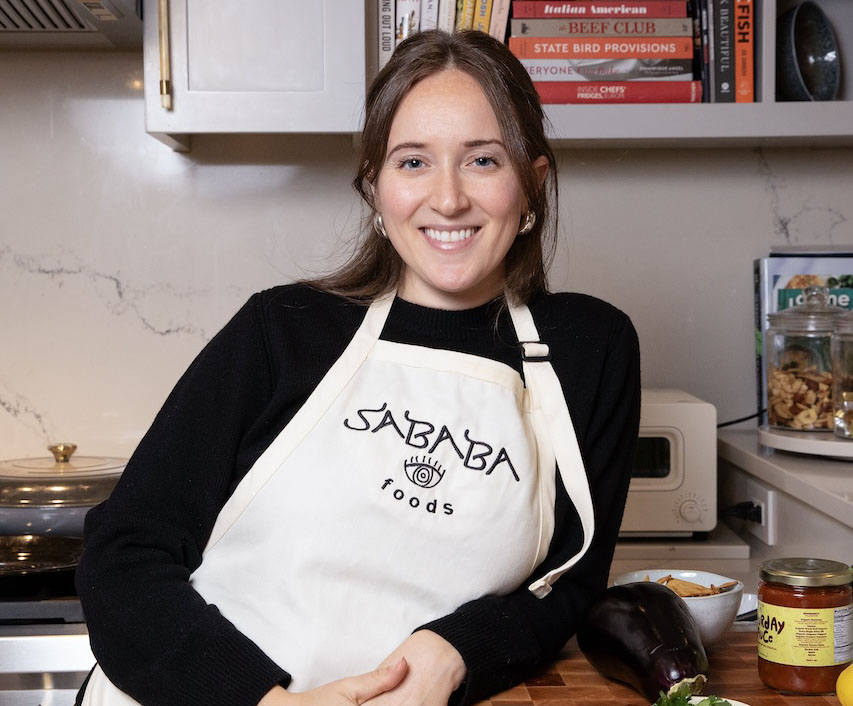

 More news and opinions than at a Shabbat dinner, right in your inbox.
More news and opinions than at a Shabbat dinner, right in your inbox.